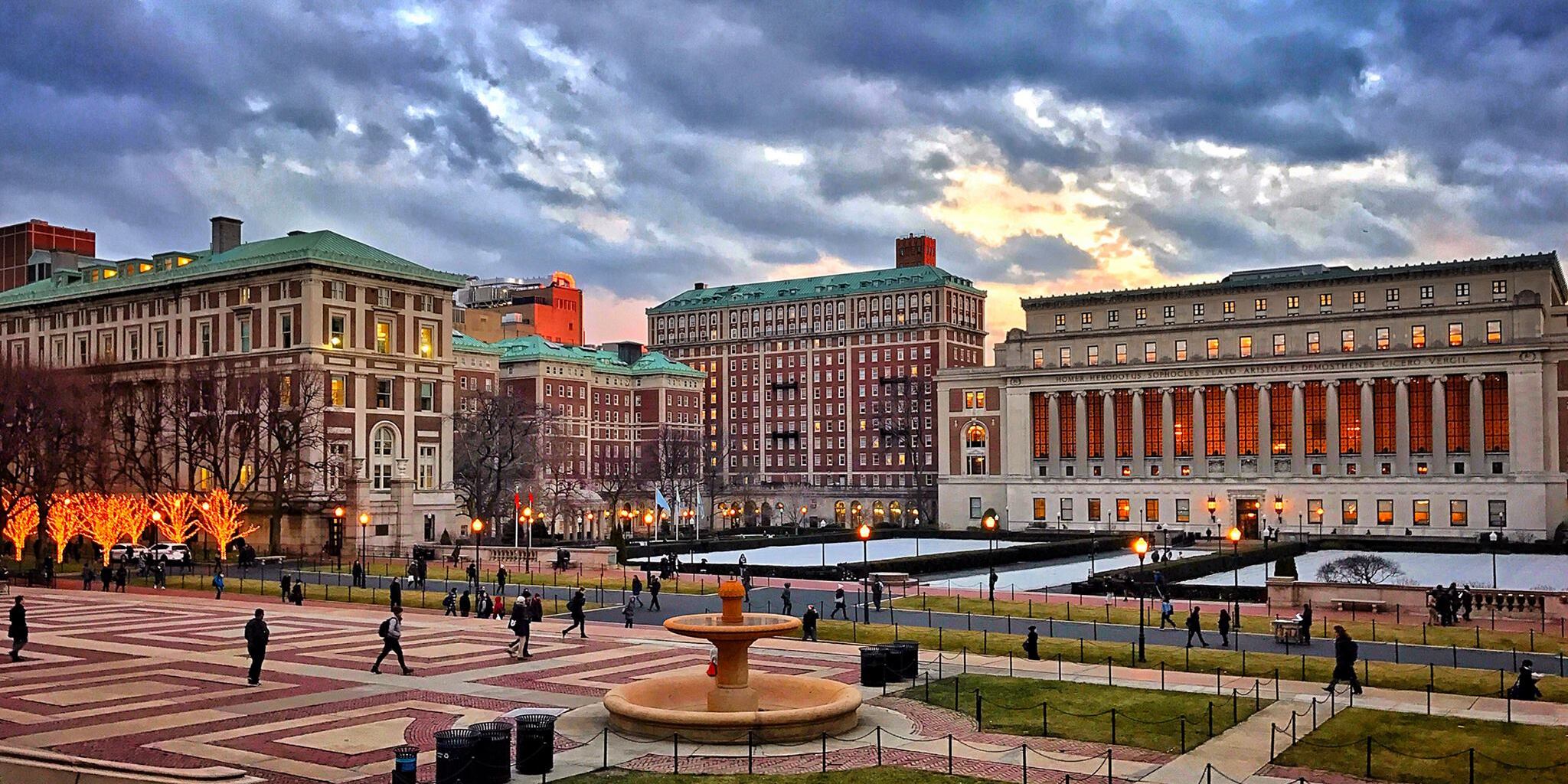Climate Radicals
Why Our Environmental Politics Isn’t Working
By Cameron Abadi
Could meaningful climate legislation be President Biden’s most lasting legacy? In Climate Radicals, Cameron Abadi contrasts efforts to combat climate change in Germany—where radical activists may actually be preventing progress—and the slow-moving but ultimately effective bipartisan methods in the US.
$18.00
ISBN: 9798987053645
ebook ISBN: 9798987053652
On Sale: September 10, 2024
Pages: 192

Overview
Are radical climate activists hurting the cause?
Germany should have been a global leader in combating climate change—its voters consider it a major issue and back the world’s most powerful Green Party. Yet, Germany’s climate policies have been disappointing. What happened?
In Climate Radicals, Cameron Abadi profiles the fascinating activists of Letzte Generation, known for gluing themselves to street intersections and throwing food on works of art; Ende Gelände, which demands the immediate phaseout of coal by occupying mines; and the German leaders of the global coalition Fridays for Future, which organizes school strikes (on Fridays) and many other large-scale demonstrations.
Abadi finds that the groups' uncompromising stances and outrage over narrowly defined policy failures have led them to extreme acts of publicity that feed their sense of urgency. In contrast, Joe Biden's American Inflation Reduction Act of 2022 represents the most significant move toward green energy in US history. The law did not impress groups like Letzte Generation, but Climate Radicals shows that old-fashioned political compromise and incremental progress might be the only way for governments to fight climate change.
No Upcoming Events
Get to know the activist groups of Climate Radicals:
Letzte Generation (Last Generation)
The youngest of Germany’s climate activist groups. Currently has the greatest momentum, in part because it sets few limits on its methods of protest. For the same reason, it has also inspired the greatest public backlash.
Method of protest: Disruption
Demonstrations of extreme commitment and moral outrage that aim to compel change by implying future disruptions of even greater scale. Known for nonviolent protests such as throwing soup at works of art and supergluing themselves to the street.
Ende Gelände (Here and No Further)
The first of Germany’s major climate groups, focused on shutting down fossil fuel industries through often confrontational civil disobedience.
Method of protest: Destruction
Endorses the sabotage of fossil fuel infrastructure, with the goal of creating enough costly destruction polluters are forced out of business.
Fridays for Future
A student-led group that has earned the de facto status as the moral leadership of the broader climate protection movement.
Method of protest: Demonstration
Known for organizing massive public demonstrations—typically peaceful street protests—designed to demonstrate mass support for climate policy and persuade politicians to take action.

Be the Most Interesting Person
in the Room
Subscribe to Columbia Global Reports Books
Find new ways of looking at the world with Columbia Global Reports. Our $85 subscription includes six paperbacks mailed in advance of publication directly to your doorstep.










